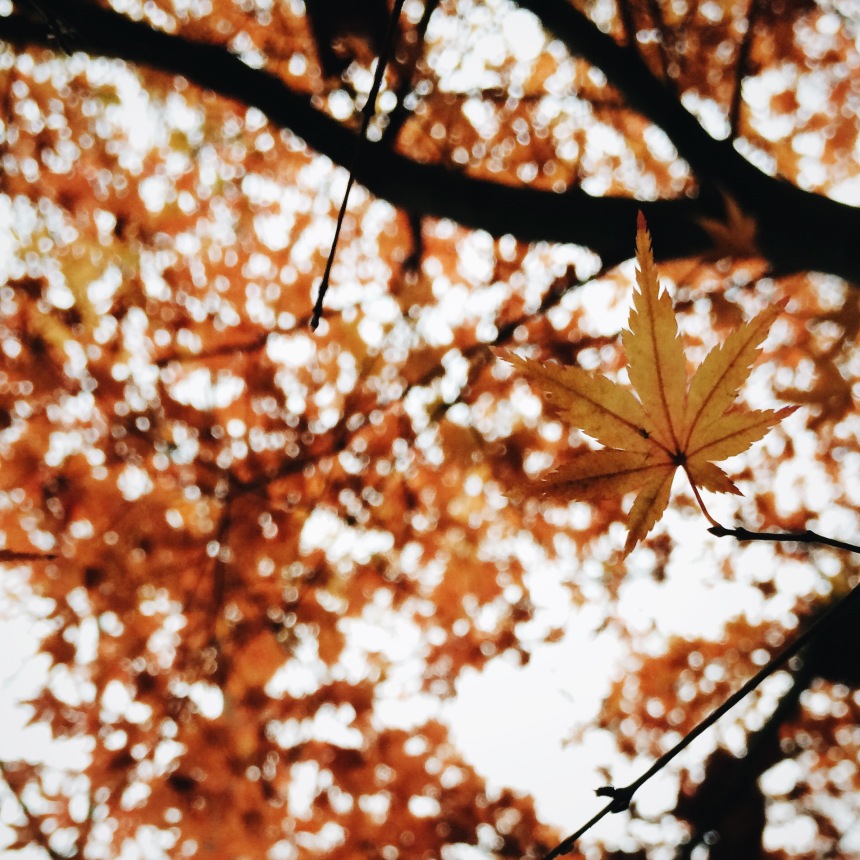I love my Chinese name 以诗. The latter character 诗 means “poetry” in Chinese. Yet I don’t read poetry. Until recently.
Salad Anniversary is a collection of poems by Machi Tawara. Originally titled Sarada kinebi サラダ記念日 and published in Japanese, the anthology was translated into English by Julien Winters Carpenter.
I had not heard of Tawara before but was attracted by the cover illustration (by Mio Matsumoto) when I saw the book on the Pushkin Press website. It was on sale and I thought to myself, “why not try reading some modern poetry?”
Tawara writes tanka, a traditional poetry form in a 5-7-5-7-7 pattern with 31 Japanese syllables with more than 1,000 years of history. At the same time, she makes her poems relevant to today’s readers through the use of modern language and reference to popular culture.
Your occasional Mild Seven Lights —
perhaps in the smoke
you dispel discontent
~ So, Good Luck
Using simple yet carefully chosen words, Tarawa renders everyday moments into beautiful scenes in these succinct, elegant lines.
Every morning, a sense of repose
after passing a storefront
lined with fragrant buns
~ Wake-up Call
I find her writing to be whimsical and wistful at the same time. Terribly evocative.
Your left hand,
exploring my fingers one by one —
maybe this is loveThis too a memory
I leave it as it is —
dent in my straw hat
~ August Morning
Tanka is typically written in the first-person tone. As I read her poems, I imagine that she must be a dreamer, a romantic.
Folding towels,
I wrap the smell of the sun —
perhaps one day I too shall be a mother
~ Salad Anniversary
She writes about topics that many people can relate to: courtship and heartbreak, travelling and moving out of the family home, as well as teaching and cooking.
The day I left for Tokyo
Mother looked older by all the years
of separation ahead
~ My Bisymmetrical Self
Every now and then, I marvel at how she was able to eloquently articulate feelings that I’ve had. And I’m sure I’m not the only one.
Late afternoon —
you and I gaze at the same thing
as between us something ends
~ August Morning
I wish I could read Japanese to get a better understanding of the rhythmic tanka as well as some of the play of words used by Tawara. The translation by Carpenter doesn’t use the 5-7-5-7-7 format as the English rhythm is not the same as Japanese, plus English words tend to use fewer syllables.
She also wanted to “respect Tawara’s own definition of the tanka as a ‘short, rhythmical poem’ and to maintain the succinctness and flavour…” (source: interview with Juliet Winters Carpenter). In this respect, I think Carpenter succeeded in communicating Tawara’s crisp and lyrical verses.
Evening —
this man who’s leaving me
earnestly takes my pictureAs I weep, another me
marvels at my weeping —
quietly, love draws to an end
~ Pretending to Wait for Someone
Salad Anniversary was a bestseller in Japan when it first came out in 1987. To date, more than 2.5 million copies have been sold.
I hope that you’d have the chance to enjoy this charming collection of poems by Tawara. It’s touching, fresh and a joy to read.


Join the Conversation